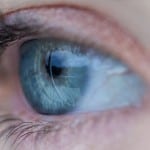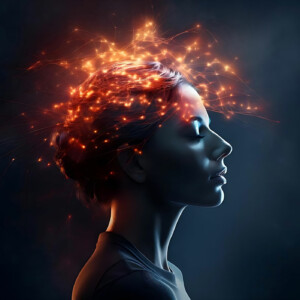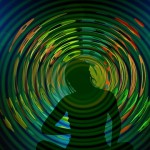Anxiety Therapist Dallas: Treatment for Panic Attacks Trauma
Peace and Relief from Anxiety or Trauma is Just a Few Sessions Away

Our trauma therapists are specialists in providing comprehensive anxiety counseling services for children, teenagers, adolescents, and adults. Many of our patients begin to feel better after just the first session. Discover the forms, signs, and symptoms of anxiety and explore effective treatment options and take the first step toward reclaiming your life. Don’t let anxiety control you—start therapy, prioritize exercise and nutrition, and experience life to its fullest!

Our Dallas Anxiety Therapists Are Available Now Serving Ft Worth, Arlington, Uptown, and North Park areas.
Dallas Anxiety Therapy Overview
Learn about anxiety, common anxiety disorders and symptoms, and which anxiety treatment options are suitable for you.

What is Anxiety?
Anxiety is a normal human emotion commonly expressed as feelings of nervousness and worry. It generally concerns an imminent event or something with an uncertain outcome.
Encountering a problem at work, preparing for a test, or making an important decision are situations that could provoke normal anxiety. However, when anxious thoughts and behaviors are prolonged, and the distress begins to cause a negative impact on daily life and functioning, anxiety disorder develops.
Anxiety: The Unseen Monster
by Evelyn Wenzel, LCSWDoes it seem like an unseen monster lurks around the corner? Does fear and worry weigh you down? Frustrated because you feel like nothing will ever change?
Everyone experiences anxiety as it is a normal response to threatening situations; however, for some people, it becomes a disabling response to life. Irrational responses to everyday situations seem to cripple the 40 million Americans who suffer from anxiety disorder each year. In fact, more people suffer from anxiety than depression!
What differentiates everyday anxiety from an anxiety disorder? The keywords with everyday anxiety are appropriate and reasonable. “Butterflies” in the stomach is a common physiological response when someone experiences anxiety before giving a speech or entering a competition. If a burglar tries to break into your house, fear is a normal response to the situation. So, challenges in life that involve loss or failure and unexpected or unknown situations all cause normative anxiety responses.
What Are Anxiety Disorders?
Anxiety disorders are characterized by feelings of excessive worry and fear that are both overwhelming and debilitating. These disorders can often lead to or be accompanied by secondary issues such as low self-esteem, dysfunctional relationships, substance abuse, and depression.
What are the most common anxiety disorders?
The four most common anxiety disorders include:
- Generalized Anxiety Disorder (GAD)
- Panic Disorder
- Social Anxiety Disorder
- Specific Phobias
Other common anxiety-related disorders include:
- Obsessive-Compulsive Disorder (OCD)
- Post-Traumatic Stress Disorder (PTSD)
Generalized Anxiety Disorder (GAD)
People with this disorder have persistent levels of anxiety involving unrealistic or irrational worries and tension. The symptoms of this disorder can appear with little to nothing done to provoke them.
Symptoms of GAD include:
- Restlessness or feeling keyed up or on edge
- Being easily fatigued
- Difficulty concentrating or mind going blank
- Irritability
- Muscle tension, headaches, stomach aches, or unexplained pains
- Sleep disturbance (difficulty falling or staying asleep, or restless unsatisfying sleep)
- Difficulty controlling feelings of worry
Panic Disorder:
Individuals with Panic Disorder often experience intense feelings of apprehension, impending doom, or terror. This disorder is characterized by persistent, free-floating anxiety accompanied by recurrent panic attacks. Panic attacks, also known as anxiety attacks, typically manifest through physical symptoms such as sweating, rapid heart palpitations, and a sensation of choking or the throat closing up. In severe cases, these symptoms are sometimes mistaken for a heart attack.
Symptoms of panic disorder include:
- Intense or rapid heartbeat
- Perspiration
- Shaking or tingling sensations
- Discomfort in the chest
- Overwhelming sense of impending doom
- The sensation of losing control
Social Anxiety Disorder
Social anxiety is one of the most common types of anxiety and is marked by an extreme fear of being embarrassed in a social setting. People are often concerned with being judged or humiliated publicly. The most common type of social anxiety disorder is performance anxiety, such as public speaking. Panic disorder seems to occur without any apparent cause and is characterized by an episode of apprehension and intense fear.
Symptoms of social anxiety disorder include:
- Blushing, perspiring, or trembling
- Intense or rapid heartbeat
- Stomach discomfort
- Stiff body posture or speaking in an excessively soft tone
- Challenges in making eye contact or interacting with unfamiliar individuals
- Feelings of self-consciousness and apprehension about negative judgment from others
Phobia-related Disorders
Phobias are the most common mental health disorder in the United States. A phobia is a focused, intense, persistent, and irrational fear of some specific object or situation. Some common phobias are:
- Social Phobia: Intense fear of being studied in a social setting (see ). Performance anxiety and fear of public speaking are most common.
- Specific Phobia: Specific Phobias, also referred to as simple phobias, entail individuals experiencing intense fear or heightened anxiety surrounding particular objects or situations. Examples of specific phobias may include the fear of:
- Air travel
- Elevations
- Certain animals, like spiders, dogs, or snakes
- Receiving injections
- The sight of blood
- Air travel
- Elevations
- Certain animals, like spiders, dogs, or snakes
- Receiving injections
- The sight of blood
Obsessive-Compulsive Disorder (OCD)
OCD is characterized by repetitive, irrational thoughts and fears (obsessions), such as a fear of contamination or an aversion to odd numbers, that trigger anxiety. These obsessions often lead to ritualistic behaviors (compulsions) aimed at reducing that anxiety, such as excessive hand washing or checking behaviors. It’s possible to experience only obsessions or only compulsions and still be diagnosed with OCD.
Common obsessions consist of:
- Anxiety about germs or contamination
- Worry about forgetting, losing, or misplacing items
- Fear of losing control over one’s behavior
- Aggressive thoughts towards others or oneself
- Unwanted, forbidden, or taboo thoughts involving sex, religion, or harm
- Desire for symmetry or perfect order in things
Common compulsions may include:
- Excessive cleaning or handwashing
- Ordering or arranging items in a specific, precise manner
- Repeatedly checking things, such as ensuring the door is locked, or the oven is off
- Compulsive counting
- Engaging in prayer or silently repeating words
Post-Traumatic Stress Disorder (PTSD)
Develops in response to extreme psychological or physical trauma, which produces feelings of terror and helplessness.
Symptoms of PTSD include but aren’t limited to:
- Re-experiencing the traumatic event in dreams or memories
- Avoidance of activities associated with trauma
- Heightened emotional arousal.
How can Anxiety Therapy Help?
Therapy can help by providing individuals with coping mechanisms, tools for managing anxiety symptoms, and a safe space to explore the underlying causes of their anxiety.
The goals of anxiety treatment:
- Identify distorted thought patterns or triggers that provoke anxiety.
- Overcome and break down irrational fears and worries.
- Learn the difference between unnecessary worry and everyday anxiety.
- Replace and reframe anxious thoughts and behaviors with non-anxious ones.
- Desensitize fearful emotions associated with objects or situations.
- The presence of anxiety signals a cue for coping and relaxation techniques instead of panic.
- Regain control of emotions, thoughts, and life!
Anxiety Treatment Options in Dallas, Texas
Getting Help: Which Anxiety Therapy or Treatment Method is Right for You?
Anxiety or Trauma healing is just a few sessions away. Our trauma therapists are specialists and you can start feeling better often right after the first session. Call for a complimentary phone consultation to find out which of the below therapies is best for you!
Experience a Total Life Counseling Therapy Difference
Don’t let anxiety rule your life. Get into therapy, exercise, eat right and experience life to its fullest!
At Total Life Counseling Center in Dallas Texas we look at the whole person, clients experience symptom relief sooner by incorporating exercise, dietary adjustments, supplements along with therapy. TLC Dallas serves the Ft Worth, Arlington, Uptown, North Park areas for anxiety disorder and anxiety therapy.

Dallas Emotional Freedom Technique (EFT) Therapy
The Name Says it All. Emotional Freedom Technique (EFT), also referred to as “tapping”, is a relatively new technique that’s been gaining popularity amongst therapists. EFT is similar to acupuncture minus the needles. So how does it work? By tapping on your body’s meridians (specific points on the body through which energy flows) while stating positive affirmations, emotional blockage releases allowing healing to occur.
The meridians used for EFT include the top of the head, the inside of the eyebrows, the temples, under the eyes, under the nose, the chin, the collar bones, just under the arm pit, and the outside of the hand. The positive affirmation usually consists of acknowledging a specific problem and accepting the self for having this problem. For example, let’s say you feel really anxious before a job interview. While tapping on the designated meridians you might say, “Even though I feel anxious about this big job interview I have coming up, I deeply and profoundly accept myself.”
Schedule a consultation to determine whether or not EFT is right anxiety treatment option for you.
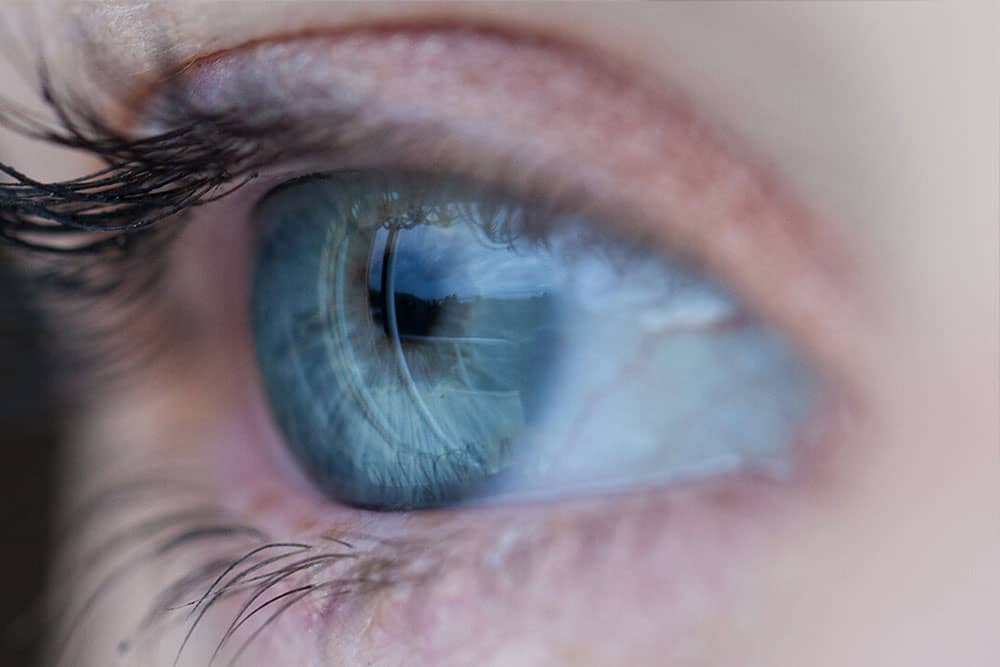
Dallas EMDR Therapy – Eye Movement Desensitization Reprocessing
EMDR (Eye Movement Desensitization and Reprocessing) is a therapy using bilateral stimulation (alternately stimulating the left and right sides of your brain) with eye movement to process and alleviate trauma. This technique has been highly successful in applications for Military Veterans in freeing them from the intense trauma they have endured in war. EMDR is also commonly used for other traumatic events such as auto accidents, dog bites, substance abuse, addictions and more!
EMDR applications may include:
- Post-Traumatic Stress Disorder (PTSD): Alleviates symptoms resulting from traumatic experiences.
- Anxiety Disorders: Helps individuals manage and reduce anxiety symptoms.
- Phobias: Addresses and alleviates intense fears and phobias.
- Depression: Complementary in treating depressive symptoms linked to past traumas.
- Pain Disorders: Can be applied to manage and mitigate chronic pain conditions.
- Addictions: Used as part of therapy for individuals with addiction issues.
- Performance Anxiety: Aids in managing anxiety related to performance or specific situations.
- Grief and Loss: Assists individuals in processing and coping with grief and loss.
- Dissociative Disorders: May be used to address symptoms associated with dissociation.
- Childhood Trauma: Applied to help individuals process and heal from childhood traumas.
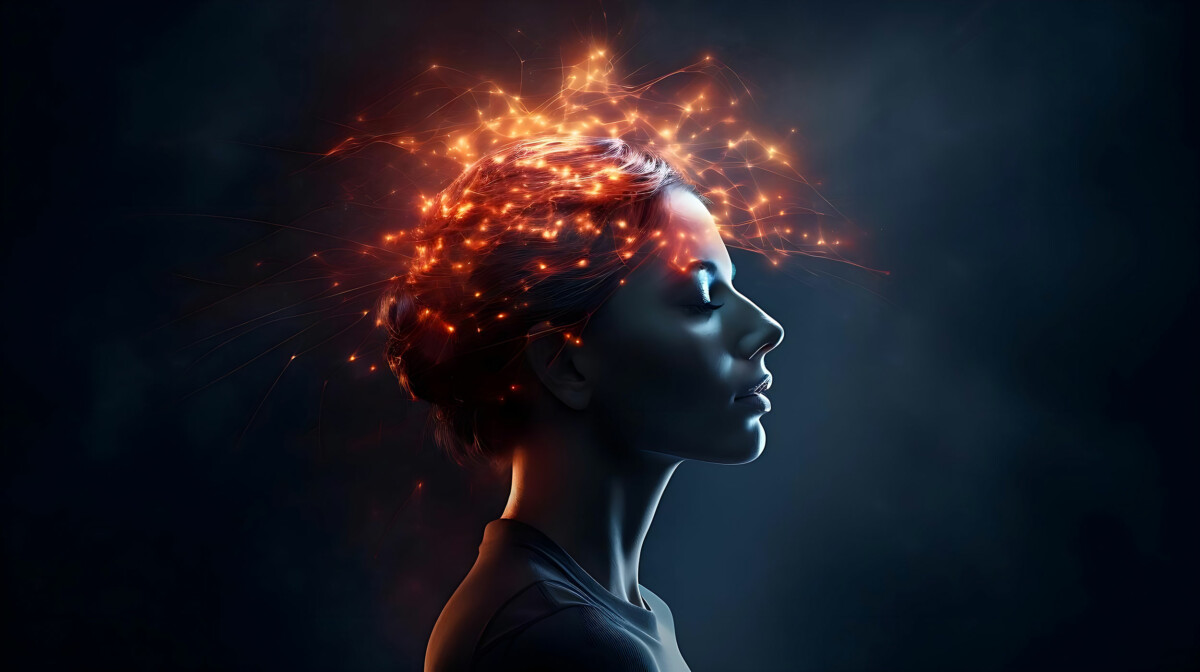
Dallas CBT – Cognitive Behavioral Therapy
Cognitive Behavioral Therapy (CBT) is a widely used therapeutic approach that focuses on the connection between thoughts, feelings, and behaviors. It aims to identify and change negative thought patterns and behaviors contributing to psychological distress. CBT is structured, goal-oriented, and often involves practical strategies to help individuals develop healthier coping mechanisms. It’s employed to treat various mental health issues, including anxiety, depression, phobias, and stress-related disorders. The collaborative nature of CBT encourages individuals to actively participate in their own healing process through self-awareness, skill-building, and behavioral changes.
Common applications of CBT include:
- Anxiety Disorders: CBT helps identify and manage anxious thoughts and behaviors.
- Depression: Targets negative thought patterns and behaviors associated with depressive symptoms.
- Phobias: Systematically addresses and desensitizes irrational fears.
- Obsessive-Compulsive Disorder (OCD): Targets obsessive thoughts and compulsive behaviors.
- Post-Traumatic Stress Disorder (PTSD): Assists in processing traumatic experiences and managing associated symptoms.
- Eating Disorders: Addresses distorted thoughts and behaviors related to food, body image, and self-esteem.
- Insomnia: Targets and modifies behaviors and thought patterns contributing to sleep difficulties.
- Substance Use Disorders: Helps individuals identify triggers, cope with cravings, and develop healthier habits.
- Anger Management: Teaches strategies to recognize and control anger in a constructive way.
- Chronic Pain: Assists individuals in managing pain through changing thought patterns and behaviors.
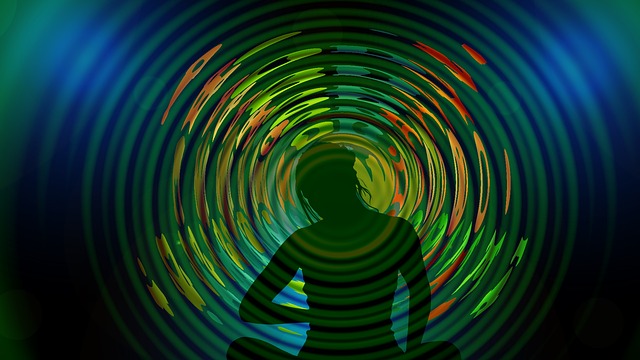
Dallas Rapid Resolution Therapy (RRT) Therapy
Rapid Resolution Trauma Therapy is a method of therapy that pinpoints and addresses an inner issue through clinical hypnosis. Similar to traditional hypnosis the counselor guides the client through their sub-conscious to find the root of their issues. Depending on the issue at hand the counselor will guide each client differently. Rapid Resolution Therapy is the quickest form of therapy for those trying to move on from traumatic events.
Trauma Focus: RRT is often utilized for individuals dealing with trauma, including Post-Traumatic Stress Disorder (PTSD). It is designed to help clients move forward from traumatic events.
Common applications of RRT include:
- Post-Traumatic Stress Disorder (PTSD): RRT is frequently employed to help individuals rapidly process and move beyond traumatic experiences, reducing the impact of PTSD symptoms.
- Anxiety Disorders: RRT may be applied to address and alleviate symptoms associated with various anxiety disorders, including generalized anxiety and specific phobias.
- Depression: Some practitioners use RRT to help individuals overcome depressive symptoms by addressing underlying issues and promoting positive cognitive changes.
- Phobias: Rapid Resolution Therapy can be applied to treat specific phobias by efficiently targeting and resolving the root causes of irrational fears.
- Grief and Loss: RRT may assist individuals in processing grief and loss, enabling them to move through the grieving process more rapidly.
- Trauma Resolution: Beyond PTSD, RRT is often used for general trauma resolution, helping individuals overcome the lingering effects of distressing events.
- Relationship Issues: RRT may be incorporated into therapy to address underlying issues contributing to relationship difficulties, facilitating positive changes in communication and behavior.
- Emotional Distress: RRT is sometimes applied to alleviate emotional distress stemming from various sources, providing a rapid and targeted therapeutic intervention.

Dallas DBT – Dialectical Behavioral Therapy
Targets skills deficits as well as the cognitive beliefs that maintain the avoidance. The ultimate goal is for you to learn more strategic behavior skills that once acceptance of those feelings occur. Both CBT and DBT incorporate relaxation and stress reduction techniques into their treatment of anxiety, including mindfulness techniques. Often they both make use of exposure therapy.
The most common applications of DBT include:
- Anxiety Disorders: DBT, especially its mindfulness components, can be beneficial in managing symptoms of various anxiety disorders.
- Borderline Personality Disorder (BPD): DBT was originally developed to treat BPD and is considered the gold standard for this disorder.
- Self-Harm and Suicidal Behaviors: DBT is widely recognized for its effectiveness in reducing self-harming behaviors and suicidal tendencies.
- Substance Use Disorders: DBT is frequently integrated into substance abuse treatment programs to address emotional dysregulation and impulsive behaviors.
- Eating Disorders: DBT skills, particularly those related to emotional regulation, are applied in the treatment of eating disorders.
- Depression: DBT is adapted for individuals with chronic or treatment-resistant depression to improve emotion regulation and interpersonal effectiveness.

Dallas Exposure Therapy Services
Exposure Therapy gradually acclimates a person to situations that previously triggered anxiety. This desensitization process helps people confront their fears in a controlled environment. Once phobias are no longer “rewarded” by escape and avoidance, they tend to diminish and fade away.
The most common applications of Exposure Therapy include:
- Specific Phobias: Addressing irrational fears of specific objects or situations.
- Social Anxiety Disorder: Gradual exposure to social situations to reduce anxiety.
- Post-Traumatic Stress Disorder (PTSD): Systematic exposure to trauma-related stimuli to process and alleviate distress.
- Obsessive-Compulsive Disorder (OCD): Exposure to obsessive thoughts combined with response prevention.

Wellness & Supplements
Interestingly, twenty minutes of aerobic exercise per day is thought to be an effective weapon against anxiety. Good nutrition is essential and adding supplements such as B Vitamins, calcium, amino acids, and Vitamin C may be important but the quality of the supplements are paramount. We can direct you to the right health food stores to get the right brands that often work immediately. Caffeine and cigarettes aggravate anxiety and should be eliminated or decreased. Often with your treatment for anxiety the cravings to smoke or drink caffeine are reduced considerably.
Are you interested in learning how to modify your diet and learn more about supplements to help you overcome your anxiety? Contact TLC Dallas today!
Testimonials
A Few Kind Words From Satisfied Clients
Total Life Blog
Articles & Tips From TLC Anxiety Therapists
Dallas Office Location
Our Dallas counseling, therapy, group, coaching and career services are conveniently located at 6060 N. Central Expressway in Dallas, TX
Total Life Counseling Center – Dallas/Ft.Worth
Lucid Private Offices – Dallas
Mockingbird Station/SMU Location
6060 N. Central Expressway, Ste 500
Dallas, TX 75206


